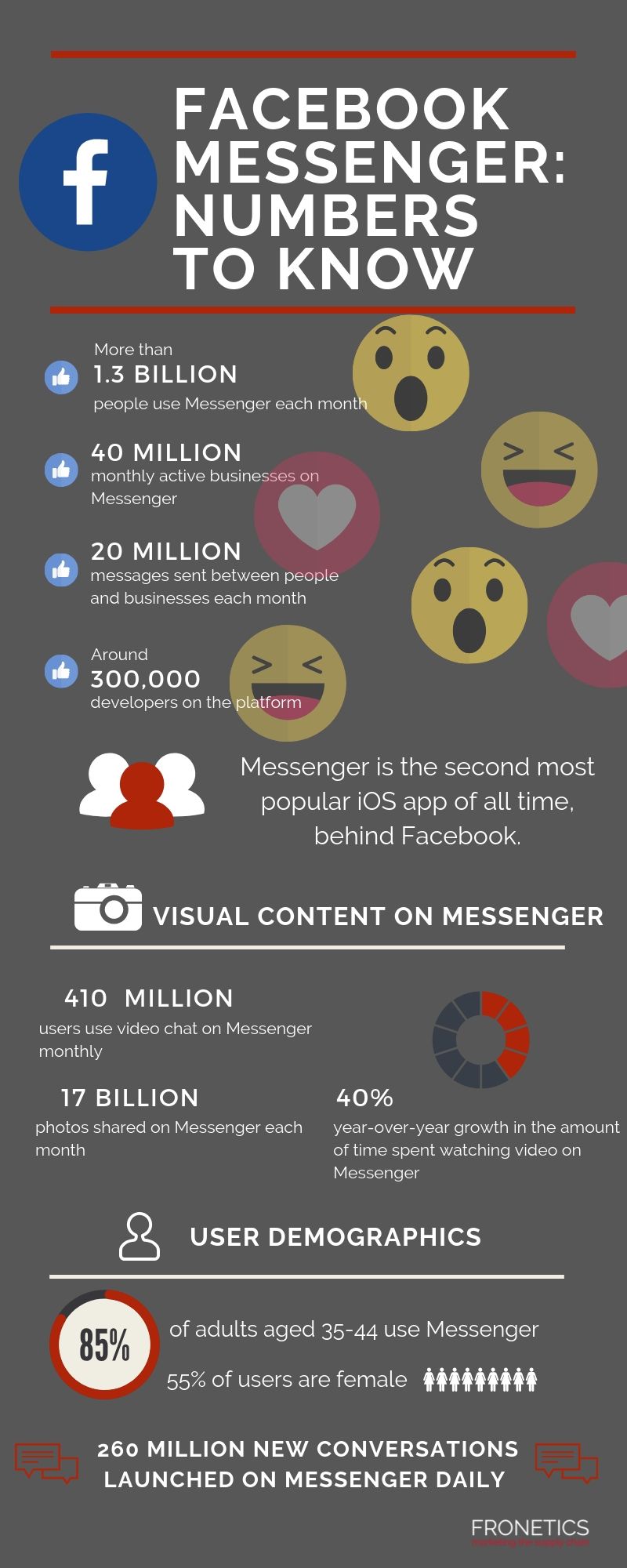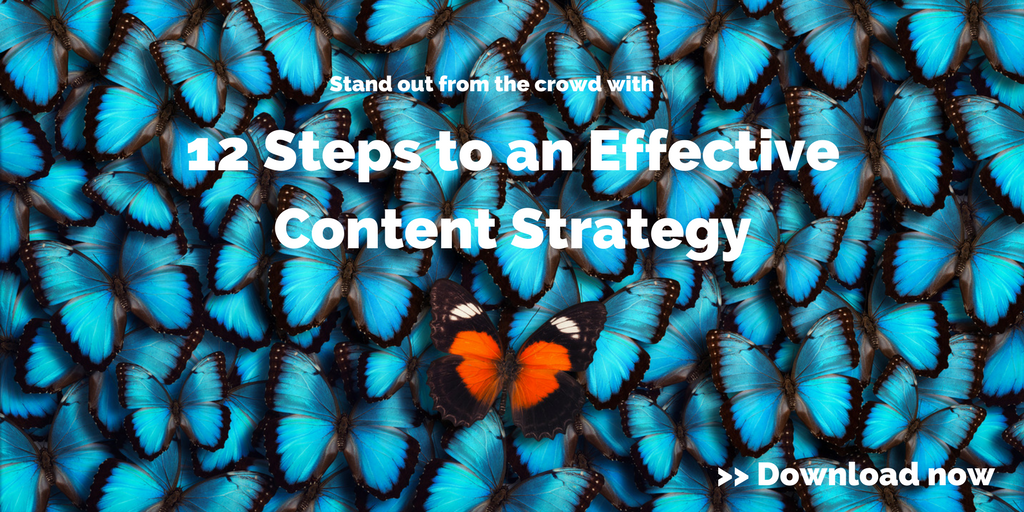Facebook Messenger is the latest trend in chatbots for the supply chain. Here are powerful numbers to prove why your brand needs to be active on the messaging platform.
Patience is a virtue of the past. Today’s buyers want (and expect) marketers to actively engage with them throughout the purchasing journey. And offering them generic information won’t work — they want personalized communications based on who they are, what they have purchased in the past, and what they are interested in buying. Businesses can no longer afford a one-size-fits-all communication strategy.
The focus has shifted from passive marketing to engagement, which has marketers scrambling to be everywhere, at all times, to ensure a positive customer experience. In response, we’ve seen an increase in chatbot usage in the supply chain and logistics industries. Chatbots help improve the customer experience through automated systems that emulate human conversation.
Chatbots rely on the popularity of messaging apps. And, luckily for marketers, messaging app usage is on the rise:
- There were 2.18 billion messaging app users globally in 2019. (Statista)
- At the end of 2018, 78% of the world’s smartphone users were messaging every month. (Facebook)
- By 2021, it’s predicted that the global user base for mobile messaging apps will have risen by a further 23%. (Facebook)
- People share more than 17 billion photos on messaging apps every month. (Mobile Monkey)
And though WhatsApp has the highest percentage of users worldwide, Facebook Messenger has taken over as the most popular messaging app in the U.S. With over 1.3 billion monthly users, this powerful messaging platform holds a lot of potential for marketers.
[bctt tweet=”20 billion messages are sent between people and businesses every month.” username=”Fronetics”]
Even though marketers know that Facebook Messenger is a platform they can no longer ignore, supply chain and logistics brands have been slower to jump on board. But if you’re questioning if you should be using Facebook Messenger to engage with audiences, the answer is yes.
Supply chain businesses can use this platform to deliver content, engage with customers one on one, and offer superior personalized customer service, all of which result in high-quality relationships and leads.
Here are some staggering numbers to back up our point.

Final thoughts
What was once thought of a teen social app, Facebook Messenger is now dominating the business world with increasing popularity and no sign of slowing down. In fact, we as a brand have found huge success using Messenger to engage with new leads. In the first 24 hours of using the platform, we were able to set up a meeting with a new prospect. That was just in the first 24 hours. This prospect turned out to be our next client, and the initial connection was all made through Facebook Messenger.
Related posts:
- Social Messaging Platforms: Why Your Supply Chain Company Needs to Pay Attention
- Using Social Messaging Platforms to Deliver Content
- Facebook Integrating Messaging Platforms, LinkedIn Updates Recruiter Platforms, and More Social Media News February 2019


